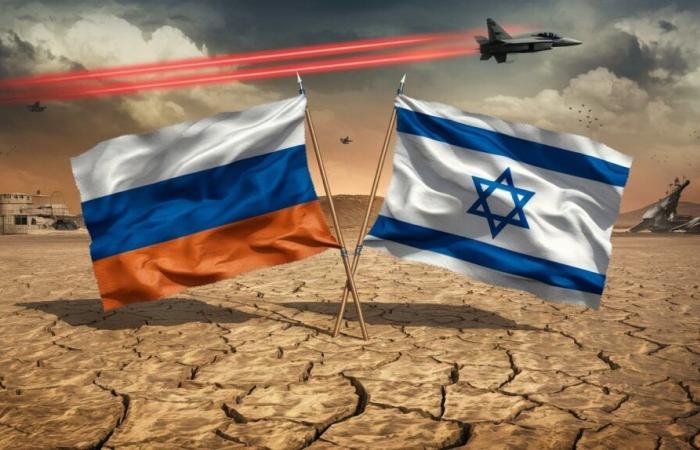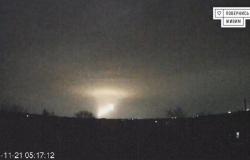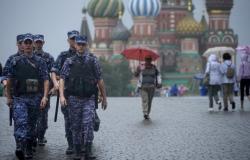Moscow warns Tel Aviv: stop your strikes near our base in Syria, or risk endangering our soldiers. A warning that reveals the underlying tensions between regional actors…
Russia has issued a stern warning to Israel to stop its airstrikes near Russia’s Hmeimim air base in Syria. This ultimatum comes following an Israeli raid carried out in mid-October near Latakia, stronghold of Syrian President Bashar al-Assad, himself supported by Moscow in the conflict which has ravaged his country since 2011.
According to a source close to the matter, the Israeli air force carried out a strike “in the immediate vicinity” of the Russian base, provoking the ire of the Kremlin. “Our military obviously notified Israeli officials that such acts likely to endanger the lives of Russian soldiers there were unacceptable,” declared Alexander Lavrentiev, President Putin’s envoy for the Middle East.
Israel intensifies its strikes, tensions escalate
Although Israel rarely targets Latakia during its raids in Syria, the Jewish state has recently increased strikes on Syrian territory, in parallel with its attacks against Lebanese Hezbollah. Tel Aviv in fact accuses the Shiite movement, supported by Damascus and Tehran, of transporting weapons via Syria.
Faced with these allegations, Russia denies any complicity. “We are not making our base available to supply the Lebanese Hezbollah,” assured Alexander Lavrentiev. However, the Russian military presence in Syria, an unwavering ally of Bashar al-Assad, complicates the regional geostrategic situation.
A Syrian conflict with multiple ramifications
Started in 2011, the Syrian civil war quickly took on an international dimension, with the involvement of foreign powers supporting different factions. Russia, the main supporter of the Damascus regime, deployed its forces in Syria in 2015, changing the balance of forces on the ground.
Israel, for its part, takes a very dim view of the strengthening of Iranian influence in Syria, Tehran being its sworn enemy. The Israeli authorities are therefore increasing air raids, claiming to want to prevent Iran from expanding its presence at the gates of Israel.
Between divergent interests and risk of escalation
Russian warnings against Israel demonstrate the divergent and potentially conflicting interests of the actors involved in the Syrian quagmire. Moscow, which has invested militarily and diplomatically in supporting Bashar al-Assad, intends to protect its gains and its troops there.
Israel, for its part, considers the Iranian presence in Syria as an existential threat and seems determined to counter it, even if it means getting dangerously close to Russian forces. A perilous balancing act that raises fears of an escalation with unpredictable consequences.
Syria has become the scene of a large-scale geopolitical confrontation, where the interests of regional and international powers collide.
Analysis from an expert in Middle East geopolitics
In this flammable context, the Russian warning appears as an attempt to set red lines in order to avoid an uncontrollable conflagration. It remains to be seen whether this warning will be heeded by Israel, or whether the logic of confrontation will continue to prevail, at the risk of further destabilizing a region bloodless after years of war.
Faced with these dangers, the international community seems powerless to impose a lasting ceasefire and an inclusive peace process in Syria. As long as the divergent interests of local actors and their foreign sponsors continue to clash, the Syrian population will remain the main victims of this interminable conflict with increasingly complex ramifications.






